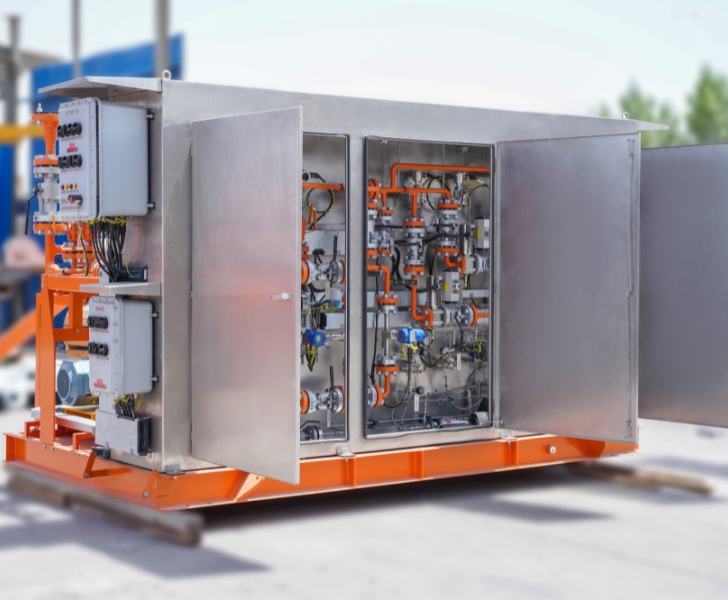What is API 8.2?
API 8.2 is a comprehensive guideline for the collection, handling, and analysis of representative oil samples. The standard was designed to establish uniform procedures that enhance accuracy and reduce discrepancies in sampling processes.
The standard applies to a variety of scenarios, including crude oil production, transportation, storage, and refining. Its core objective is to ensure that every sample reflects the actual composition of the oil stream, enabling accurate quality assessments and regulatory compliance.

